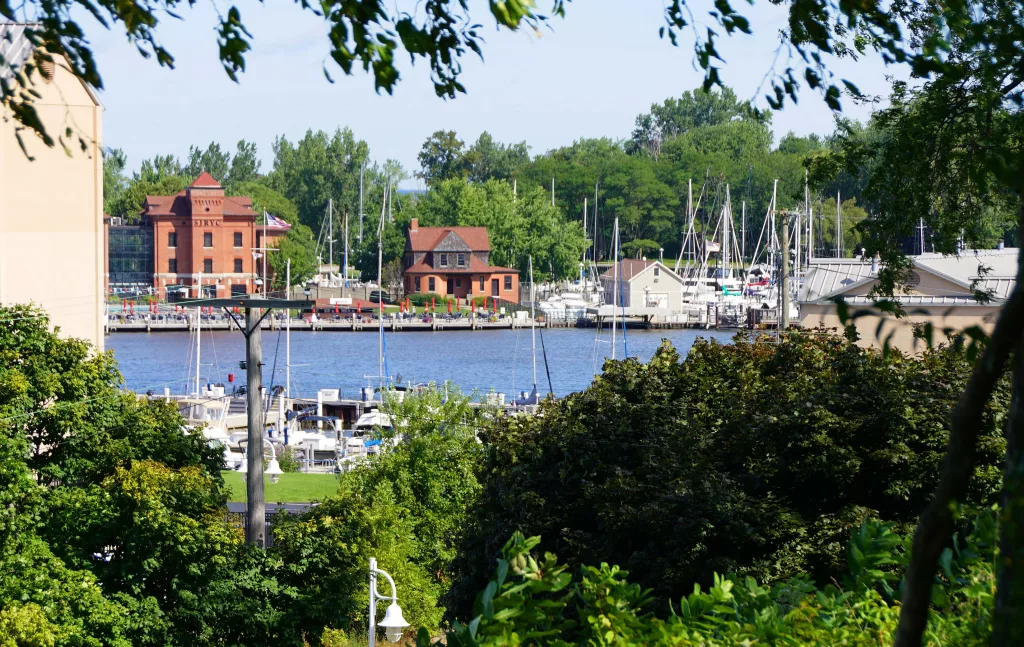Weary waterfront property owners along Lake Michigan and both the St. Joseph and Paw Paw Rivers likely watched the sky all day long Friday with trepidation as a nearly day-long deluge brought still more rain and stiff winds to the region at a time when they increasingly wonder if they can continue to take water levels and rampant erosion much longer.
It certainly didn’t help that both the USA Today and the Detroit Free Press shared more tough news from the U.S. Army Corps of Engineers regarding record breaking water levels in the Great Lakes this year and the prospect they could simply continue to rise in the year ahead.
Both publications quoted Keith Kompoltowicz, Chief of Watershed Hydrology for the Detroit District of the Army Corps as saying, “The latest forecast extends into March, and for the most part, levels are going to be on-par with or above where they were at the same time last year.
Just last month the Army Corps told us that based on preliminary August data, Lake Superior tied its record high for the month while Lake St. Clair and Lake Erie established new record high monthly mean water levels in August. The report also indicated that while water levels on Lake Michigan-Huron and Lake Ontario were slightly below record highs, they were still very high compared to average.
Now Kompoltowicz says with as much rain as September delivered to the Great Lakes Basin, measurements show every Great Lake is well above long-term monthly average water levels for October — nearly 3 feet higher on Lakes Michigan and Huron at 35-inches higher, 29 inches higher on Erie, and 20 inches higher on Lake Ontario when compared to long-term October average levels.
The Friday media reports are suggesting that when 2020 rolls around, the New Year will begin with Lakes Michigan and Huron some 11-inches higher than their water levels at the beginning of 2019.
The Army Corps teams say that key factors like level of snowpack and rainfall rates will determine whether levels recede into the New Year or establish even more new records in 2020.
Anybody who visits the lakeshore or owns property there knows all too well that beaches, and in some cases bluffs, have been disappearing at a rapid pace thanks to those extreme water levels.
The USA Today report also quotes Lauren Fry, Technical Lead for Great Lakes Hydology at the Detroit office of the Corps currently on loan to the National Oceanic & Atmospheric Administration’s Great Lakes Environmental Research Lab at Ann Arbor who says even average precipitation levels in the coming year would keep lake levels well above their historic averages, adding, “It would take a fairly dry season, and even year, to bring things down.”
In other words…hold your breath and stay tuned.






